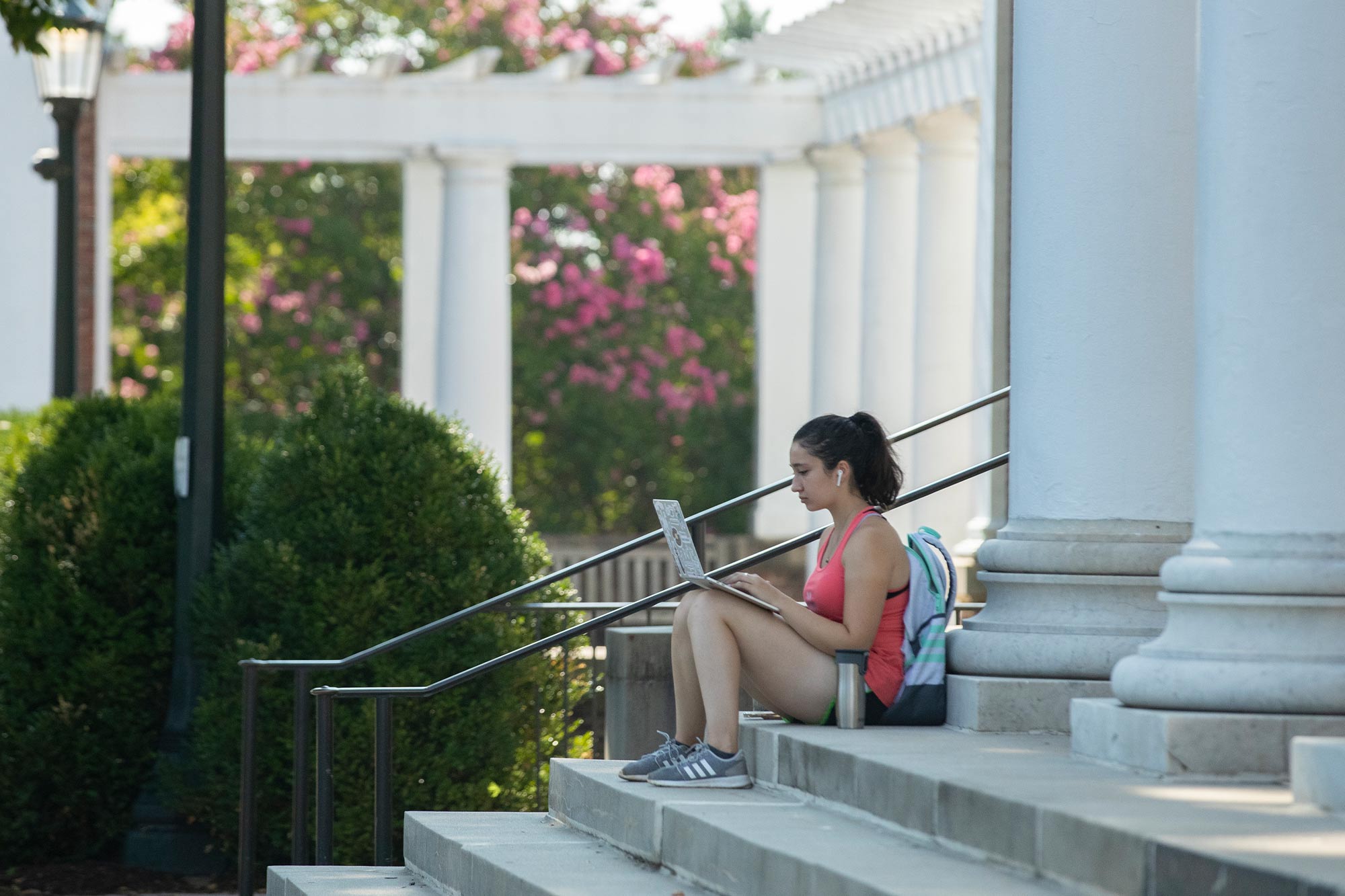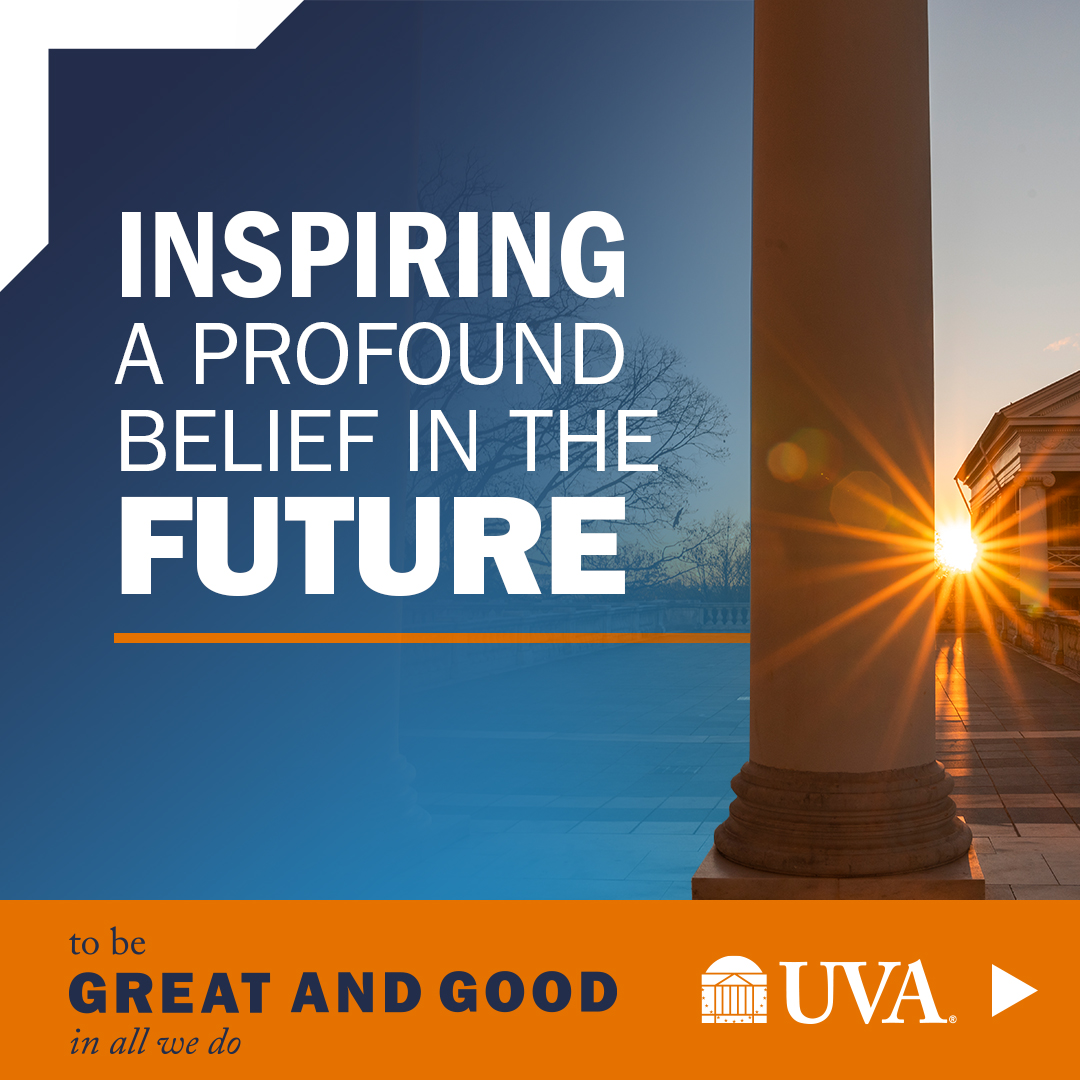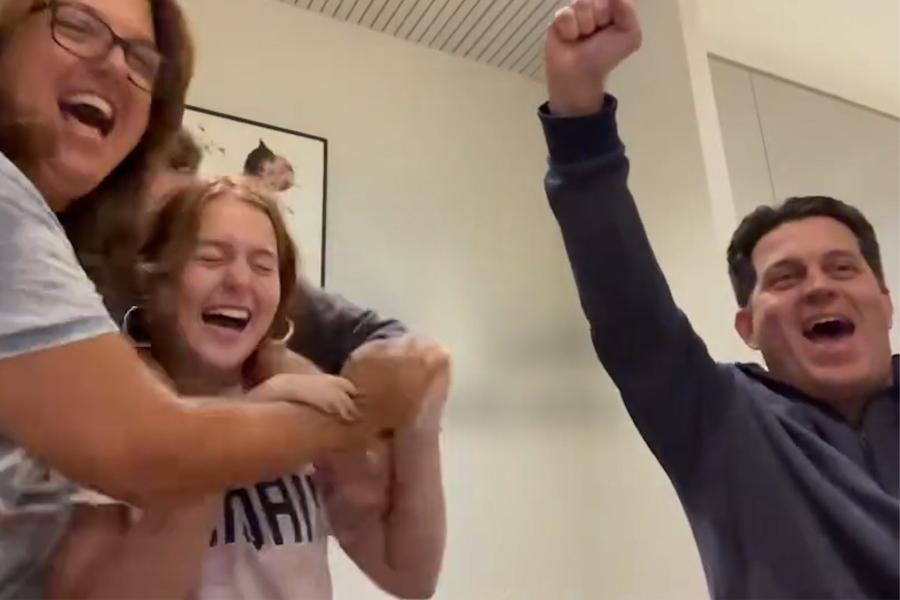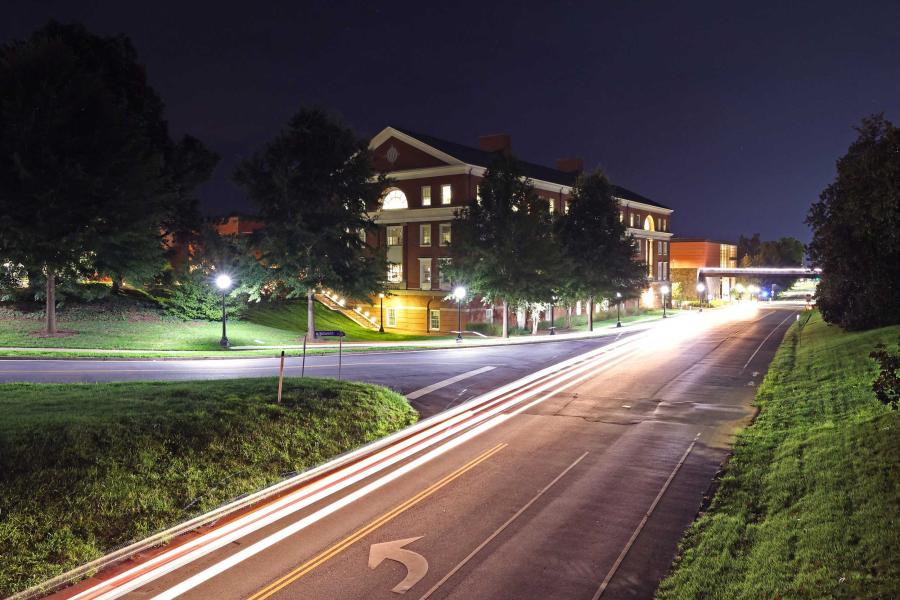As artificial intelligence applications rapidly become an issue at universities around the country, Ian Baucom, the University of Virginia’s executive vice president and provost, has appointed a seven-member task force to address concerns about its impact on education on Grounds.
Artificial intelligence applications, such as ChatGPT, can research a topic by scanning information online and then write seemingly original documents that closely mimic human efforts. Academics have been concerned about the impacts the technology could have on classroom learning and student reports.
“Generative artificial intelligence has arrived and many of us are experimenting with tools such as ChatGPT and DALL-E,” Baucom said in his letter to the faculty announcing the task force. “Faculty and graduate instructors are eager to learn how this technology might be harnessed to enhance instruction and how to best ensure that students use these tools appropriately.”
On Baucom’s direction, Brie Gertler, the vice provost for academic affairs, formed the task force with Natasha Heny, an associate professor in the School of Education and Human Development, and Andrew Pennock, an associate professor in the Batten School of Leadership and Public Policy, as co-chairs.
The task force will host a series of town hall discussions about the opportunities and challenges that generative AI creates for University-level teaching and learning. These discussions are aimed at deepening the community’s understanding of generative AI, provide insights into how AI tools are evolving, and inspiring fresh ideas about harnessing it to improve student learning. This series of six virtual town hall meetings and questionnaires will also gather data on to how faculty and students are reacting to and using artificial intelligence applications. The task force also has two research assistants investigating how other universities are responding to artificial intelligence.
“We have to pull it all together and make recommendations,” Heny said.
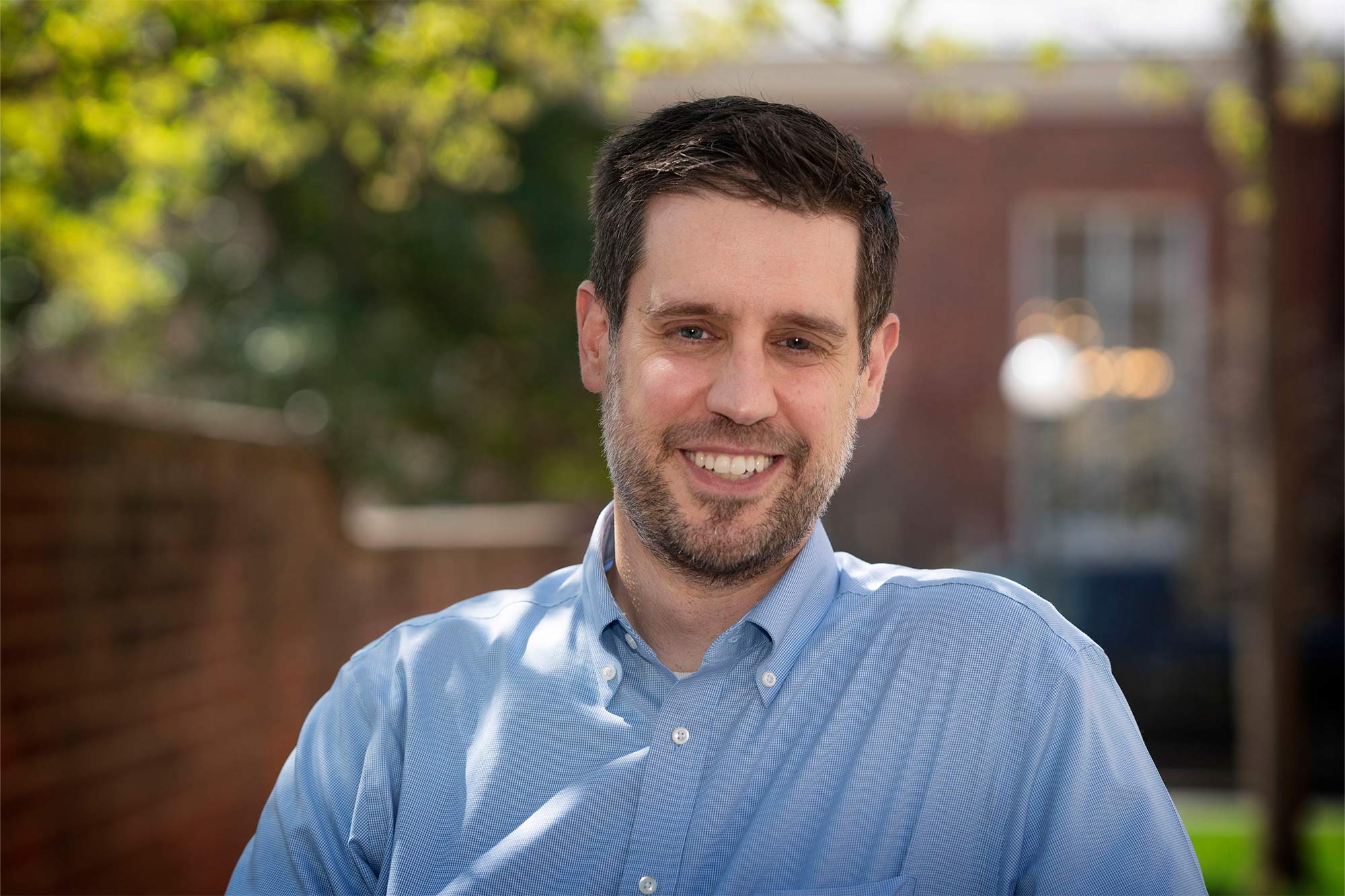
Other members of the task force include Gabrielle Bray, a fourth-year student who chairs the Honor Committee; T. Kenny Fountain, an associate professor of English and director of Writing Across the Curriculum in the College and Graduate School of Arts & Sciences; Briana Morrison, an associate professor of computer science in the School of Engineering and Applied Science; Reza Mousavi, an assistant professor of commerce in the McIntire School of Commerce; and Michael Palmer, director of the Center for Teaching Excellence.
The task force will hold a series of virtual town hall meetings, organized by school. Faculty and students may attend any session. Participants may register for each session on the task force website. Each session is limited to 300 participants. If there is enough demand, more sessions may be added.
The scheduled sessions are: Arts & Sciences (natural sciences), March 27, 3 to 4:30 p.m.; Architecture, Batten, Education and Human Development, and Nursing, March 29, noon to 1:30 p.m.; Engineering and Applied Sciences and Data Science, April 10, 3 to 4:30 p.m.; Arts & Sciences (social sciences), April 11, 12:30 to 2 p.m.; Arts & Sciences (arts and humanities) and Professional and Continuing Education, April 12, noon to 1:30 p.m.; and Darden, Law and McIntire, April 14, 2 to 3:30 p.m.
The link to its questionnaire is available on the task force website.
“Both faculty and students are invited to these online town halls,” Heny said. “We will provide some information and then ask them critical questions that get them to engage, and they will record their responses in a form we will use as a source of data.”
“We want to learn how students and faculty are actually using this technology in courses,” Pennock said. “We hear anecdotal evidence from the faculty members who are closest to us, but we really want to understand how our students using it to study as well as to complete assignments. There’s a real opportunity for faculty to make their classes better, to be able to get more work done in the same amount of time.”
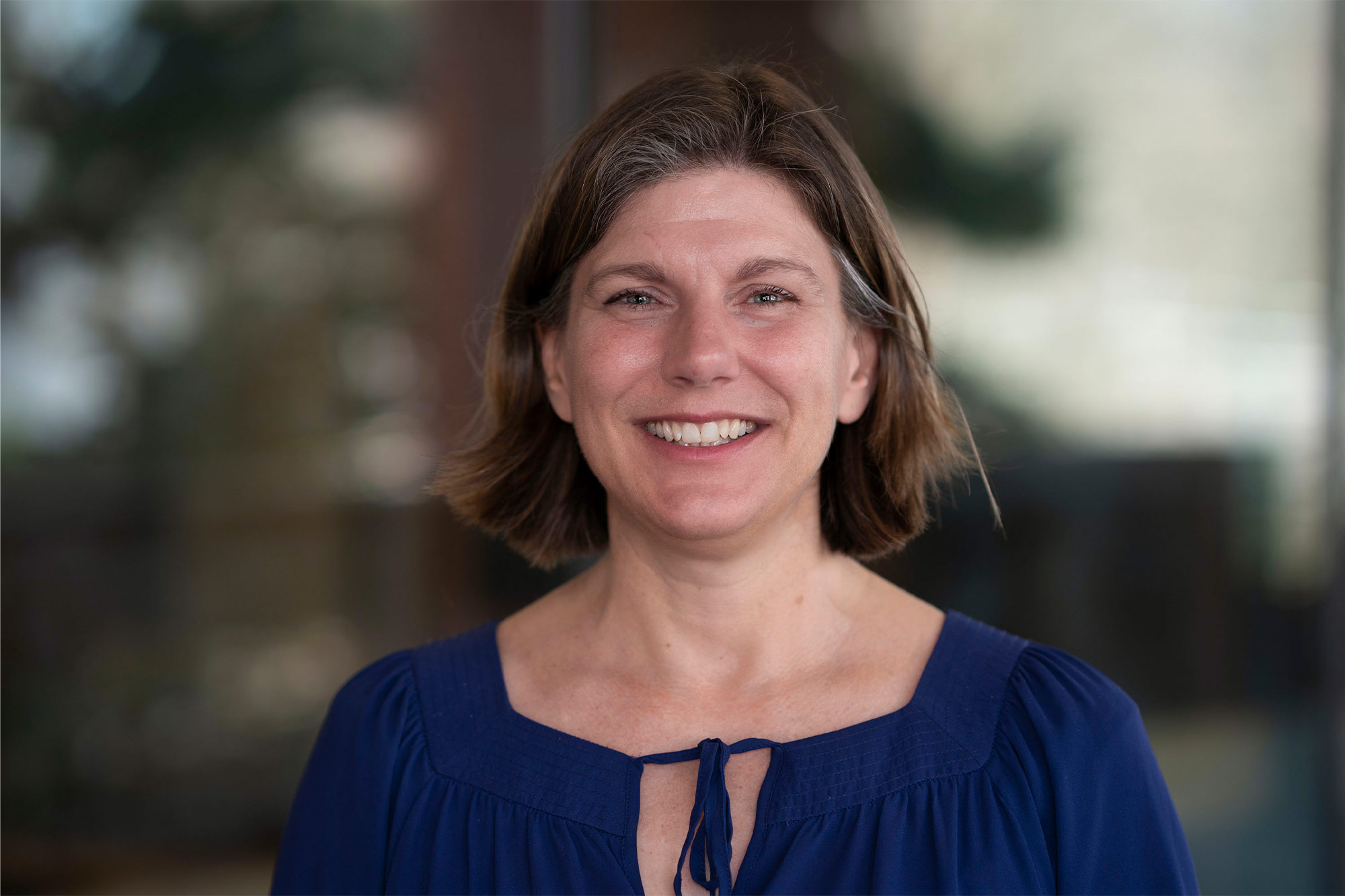
The task force is not bringing up a new topic.
“I think everyone’s talking about it,” Pennock said. “I know my students are talking about it. Some are heavy users, some are light users, and some are using it to do a lot of administrative work. I encourage my students to experiment with how to use for assignments, so we talk every week about how we’re using this.”
Pennock wants his students to explore the applications.
“I try to demonstrate a new AI tool when I learn about it and learn how it works,” Pennock said. “We’re working on semester-long projects that are professional work products. We ask, ‘Is AI a helpful tool for idea generation, for editing, for generating text? If we need to contact elected officials or other people for interviews, can we write these to draft or edit emails?’ Those are all examples of how I see them using it.”
Pennock said artificial intelligence applications could give each student a research assistant.
“Faculty have long had research assistants,” Pennock said. “Now students have research within the context of what’s allowed in the course. AI can write drafts or research memos, generate creative ideas, outline ideas for execution, or edit drafts. It’s a multiplier for effectiveness in important ways. I think that’s a challenge.”
And faculty members can use artificial intelligence to engage students in new ways, so they are “not just pressing a button to do an end run around the learning process,” Pennock said. “We want them to go through the process and arrive at a product that accurately reflects the question that was asked, but get them to go through the steps and train them to be good critical thinkers.”
Heny, who teaches instructional expertise to those who will teach 6th through 12th grade, is asking her students to consider how the artificial intelligence applications can be useful to them, such as designing lessons and preparing example problems.
“I work with English teachers, so I am always thinking about writing, but I am also asking how does this work to make their lives easier and make their teaching better?” she said. “That’s what we’ve been talking about, but I have to sit down over this summer and think about how I intentionally bring AI in from the start of their program.”
Despite the apparently sudden rise in the use of artificial intelligence, Pennock said the primary mission of the University is unchanged.
“We’re still looking to create citizen leaders, disseminate knowledge, provide excellent patient care through our courses – that core mission remains unchanged,” Pennock said. “What has changed is that there will now be additional AI tools students can use in many courses. We need to help them learn to use AI, ethically and effectively, both for the classroom and for life beyond UVA. But how faculty and students do that work in each course? I think it’s really up for grabs and I hope the task force will help the University make wise decisions about how to support student learning in an AI world.”
Media Contact
University News Associate Office of University Communications
mkelly@virginia.edu (434) 924-7291
Article Information
January 22, 2025

